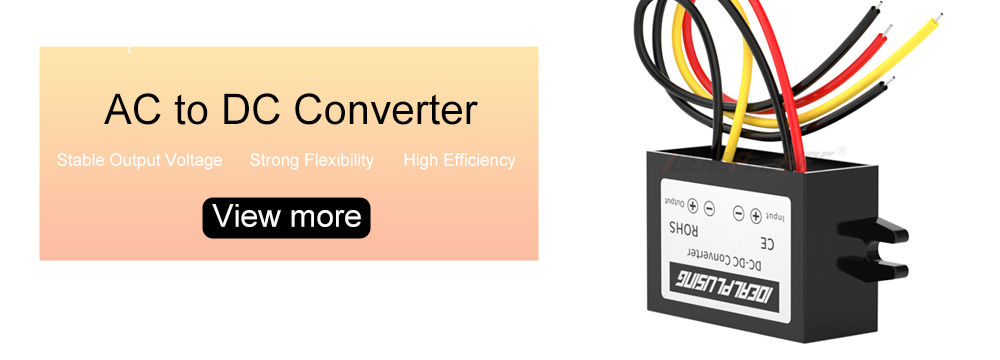When it comes to powering electronic systems, not all converters are created equal. Separate DC/DC converters for telephony have gained recognition for their significant benefits in telephony power solutions. In this article, I will explain the principles of these converters. Such as their unique advantages and their role in power solutions.

What is an isolated DC/DC converter and how does it work?
An isolated DC/DC converter is like a guardian of power. Its task is to transfer power safely from one circuit to another without direct contact between the two circuits. This indirect contact can be achieved through a transformer in the converter or optical signals.
Avoiding direct contact has many benefits, such as protecting delicate electronic components from sudden voltage increases or failures. The converter can also convert AC power back to DC power. And adjust the voltage to the level required by the device.
Due to these advantages, isolated DC/DC converters are particularly useful in situations where power needs to be precisely controlled, such as factory machines, medical equipment, or solar power generation systems.
Key Benefits of Using Isolated DC/DC Converters
Using standalone DC/DC converters can meet a variety of application needs. Key benefits of these converters include:
Safety Isolation: This converter has no direct connection between the input and output, which is useful for high-voltage systems.
This protects low-voltage components from high-voltage rises. And ensures that problems in one part of the circuit do not affect the entire system. In places such as medical equipment, this feature is essential to ensure personnel safety.
For systems that require stable signals, reducing noise is essential. By using isolated DC/DC converters, you can reduce interference, especially in communications and audio equipment. Separating signals helps reduce noise levels, improve signal quality, and optimize device performance.
Eliminate Ground Loops: Ground loops can cause malfunctions and even damage delicate equipment. Isolated DC/DC converters avoid ground loop issues. By keeping the input and output circuits separated, they are suitable for systems with many grounding points.
Enhance safety in hazardous environments: When working in areas such as mines or areas where electric shock or surges may occur. Implementing isolation procedures prevents unsafe voltages and creates a safer workplace.
Power Efficiency: How Isolated DC/DC Converters Optimize Energy Use
One of the great benefits of isolated DC/DC converters is power savings. This is especially useful for applications that need to save power. Unlike ordinary direct regulators that waste a lot of power as heat. Isolated DC/DC converters use switching technology to convert power, thus wasting less power.
The converter operates using a switching system. Converting DC power into a high-frequency rotating current. Finally, a transformer is used to convert this AC power back to DC power.
Safety and Protection: Why Electrical Isolation in DC/DC Converters is Crucial
Electrical isolation is important in many places. Because high power and precise control are required, not only to improve efficiency, but also to ensure safety. Here are a few reasons:
Voltage Surge Protection: Isolation protects the system from sudden voltage increases or surges. If there is a problem or short circuit at the input. The transformer in the isolated DC/DC converter prevents these problems from affecting the output. This is very important for protecting the equipment.
Protection against Electric Shock: Protection against electric shock hazards. In medical devices, they use isolated DC/DC converters to keep the power supply. To prevent electric shock hazards to individuals.
Improve System Reliability: In areas such as enterprise automation, renewable energy, and aviation, system needs are critical. Isolation components can prevent a single fault from disturbing the entire system, especially in high-risk situations.
Managing electromagnetic interference (EMI): Isolated DC/DC converters help control EMI, ensuring that delicate components, such as communications equipment and sensors, work effectively without interference from power supply noise.
Whether it’s a factory machine or a medical device, isolated DC/DC converters provide a stable and safe power supply. This is important for anyone working with complex circuits. Understanding how these converters work and getting the most out of them can help you improve device performance, reduce expenses, and protect your equipment.






